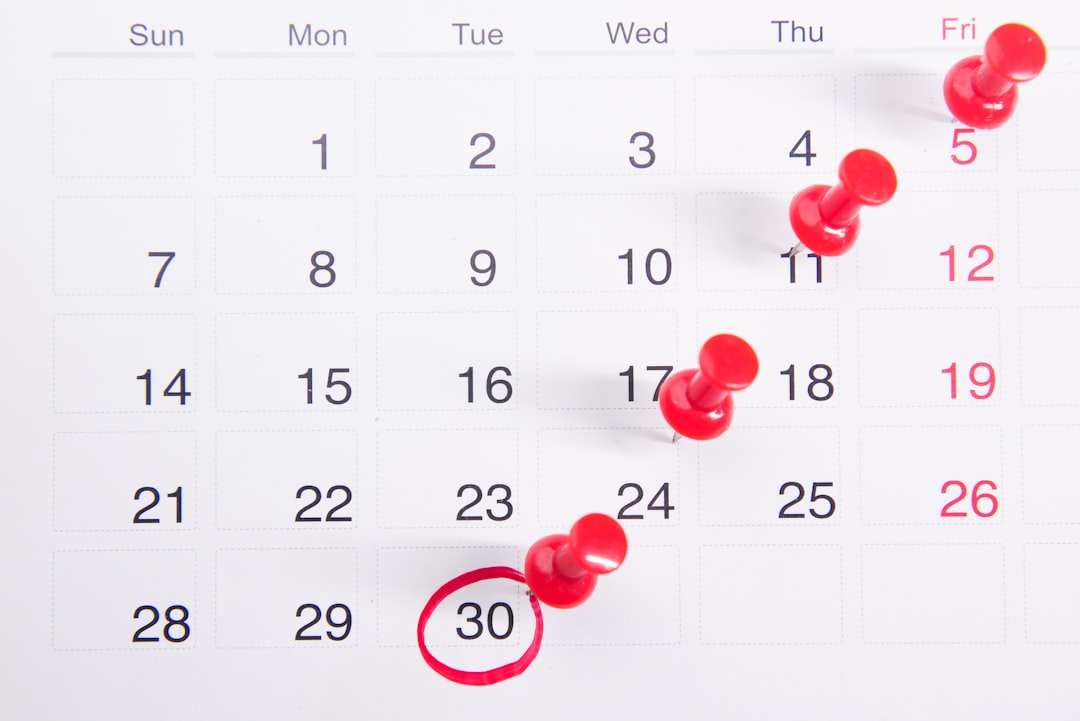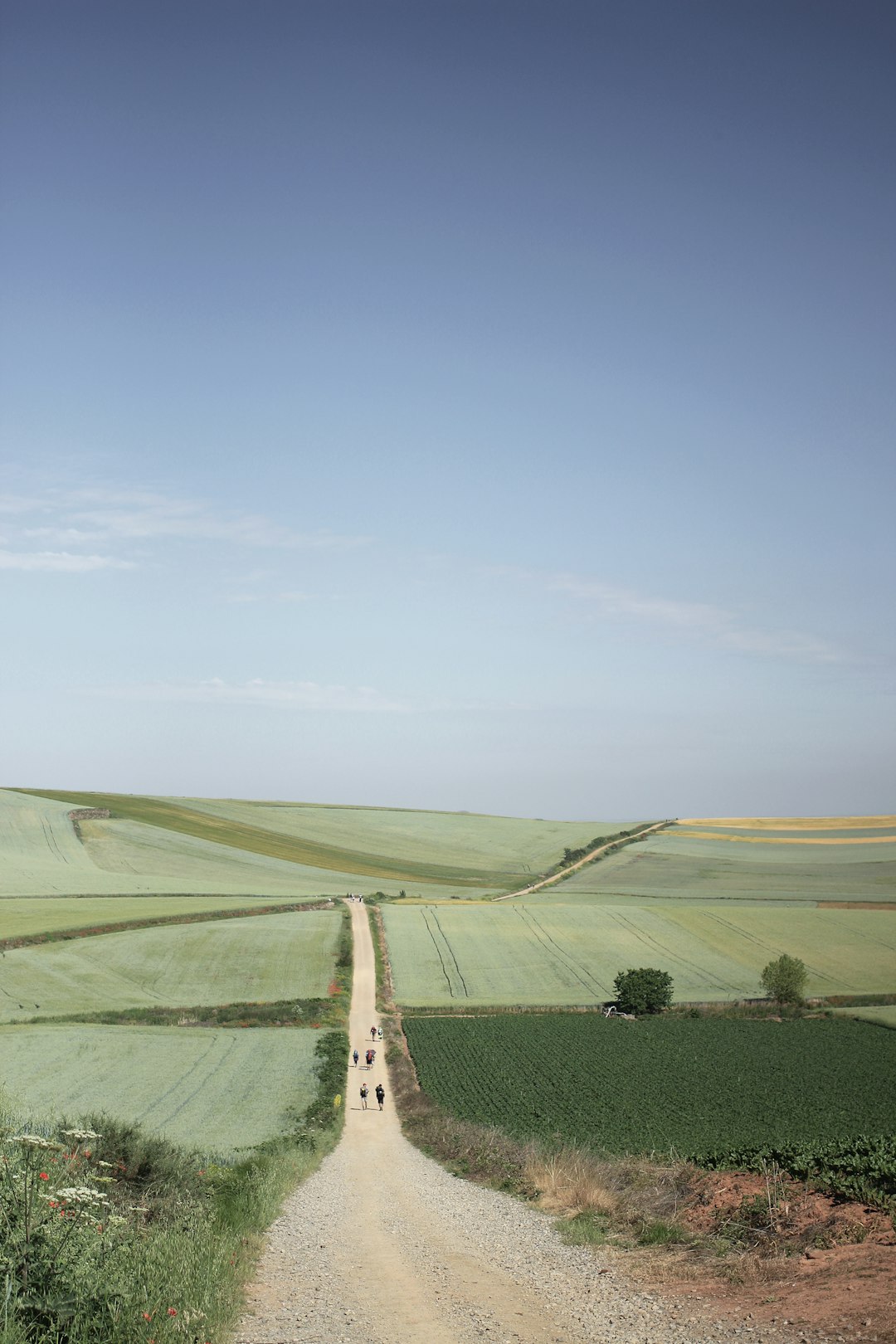Begin as you mean to go on. Or Start as you mean to continue.
Either way, it’s a phrase that’s apparently attributed to the nineteenth-century British religious figure Charles Spurgeon1, and it’s a line I’ve heard often from English friends. In recent years, I’ve taken it very much to heart.
When I moved into my current home of nine years, I determined to have not only a house-warming party, but several more gatherings soon after. I wanted my new home to be part of a more social life. I knew that if I waited around to settle in before I had anybody over, I’d simply continue my previous habits (which weren’t exactly anti-social, but which didn’t involve a lot of hosting). Then that would become the new/old reality in my new place. No, I knew I’d need to start right off with the way I wanted things to be, going forward. Right away, I held a bunch of gatherings, and I kept it up—until the pandemic threw it all into some disarray.
Begin as you mean to go on doesn’t only have to apply to big projects or life changes. It works for little things too. Like tidying up a closet and, thereafter, deciding to put all your clothes away in it each night. Or keeping your car clean inside after it’s been in the shop. Or always being a person who makes the bed.2
The point is the beginning.3
We place a lot of significance on deadlines, the ends of things. And with good reason. There’s not much arguing with a deadline. If someone—teacher, boss, colleague, coach—gives you a date by which you must [fill in the blank], then you have to abide by that date. With deadlines, you get shit done. Then again, check that. There is arguing with a deadline and that is a high art that carries with it many lessons. More about that later.
As a writer who doesn’t work regularly for someone else, I rely on self-imposed deadlines to keep me from sliding into a morass of laziness or insecurity about the very purpose of writing novels. I feel like I live always threatened by the specter of a version of myself who just sits around eating bon-bons.

To keep that bon-bon-eating self away, I give myself deadlines. I’ll finish a revision by x date. I’ll write a new chapter/section/scene by z date. We all do this. And for the most part, it works.
We do need to know how to argue with our deadlines (see above paragraph). We need to recognize when a self-imposed deadline is set too soon and is making us rush—and therefore making us produce work that might not be the best it can be. We need to understand when a deadline is no longer feasible at all—because of a life event or a problem with the work or something truly better that has come along to use our time—and must be jettisoned. Just because we set a deadline of a specific date, that doesn’t mean we have to kill ourselves (ha!) to meet it. There is wisdom in allowing ourselves more time to continue with something. There is wisdom in lifting the pressure we have put on ourselves.

This is nowhere more true than in sports where the refusal to adjust to injury can lead to an even bigger damage. I wouldn’t know anything at all about switching from one marathon date to another that was still too soon, to accommodate some tendinitis, only to end up with a partially torn hamstring and quad at mile ten of the substitute race. I wouldn’t know anything about that. No, listen to me as I speak with the zeal of the converted (or as your neighborhood cautionary tale). When circumstances require the adjustment or outright cancellation of a deadline, let them do so. If you are at all able to (contracts and external demands allowing), walk away.
These are some of the reasons I’ve been thinking that starting dates might be a more constructive approach to time management—and creative output—than deadlines (despite my love for them). So many wonderful projects take their beginnings as hallmarks, like National Novel Writing Month, or Dry January, sobriety paths, or streaks of any kind (I’m thinking of one writer friend who has to date run 1,075 consecutive days), to name the first that come to mind. These are experiences of continuation, endurance. We can adapt them to projects that do have a finite end, though, too, and we can learn to revel in the process.
By focusing on a start date, we’re always going to be engaged in accumulation, gathering, growth. By focusing on the start, we tell ourselves it’s the fact that we’re working on this project/novel/streak at all that’s the important thing, not the date of its completion.
In a recent review of Andrew McCarthy’s memoir of walking the Camino de Santiago with his son Sam, the younger McCarthy said this:
Don’t be thinking about where you have to be next. Don’t be grasping for a finish line. Just be here as opposed to reaching for what’s ahead in five minutes, five days, five weeks from now. . .You walk and walk and walk and it’s like, am I over here? Am I over here? And it’s like no, I’m right here this whole time.
The words of McCarthy fils struck me not only because I’ve been contemplating the Camino over the last few months, as a walk I’d like to do some day. They struck me because he emphasizes not the endpoint but the walk itself. This is how I’d like to embark on a lot of my creative, athletic, and personal experiences: setting a good intention from the beginning, starting as I mean to go on.

So, how am I putting my money where my mouth is? I confess, I do have an idea for a deadline for the novel revision I’m working on now. But I keep reminding myself that it’s important not to rush. This is a revision that precisely nobody is waiting for. Let me, instead, focus on each day that I work on the manuscript, making progress little by little, until I feel it’s right. I’m also dealing with an injury right now and this is a good reminder that you can’t jam your recovery into the pre-injury-allotted time before a race. You have to add up healing days, one at a time, from the point you started at, and see where you arrive.
One last thing. We begin things and sometimes we can’t sustain them. That’s ok. It’s not a sign of failure. Remember what Beckett said? “Try again. Fail better.” Each time we come to the end of a streak (if you want to call it that), we have the chance to start again. And to paraphrase another Irishman quoting from a child’s song, we can, like Finnegan, begin again.
What about you? What project have you recently begun or are you thinking of beginning?
I had to look him up.
I realize some readers may be shocked that these are not a given. What can I say? They are now.
In fact, I wrote about this sort of thing in the context of skiing at Taos last month, starting with the steep stuff and going on from there.




Wait, that's not true. I'm pretty sure there's at least three of us who are really really really interested in reading that revision. Maybe we should be the ones giving you the deadline? ;p
I agree, start dates deserve at least as much reverence and respect as deadlines, if not more. What I read between the lines is honoring your start time helps you be more present for the journey. This worked for me when I wrote my book. I celebrated many starts - the outline, the additional research I realized I needed, the first draft, both major revisions. Those celebrations and that focus helped when my unrealistic notions of how long each stage would take pushed my deadlines out more times than I'd like to count.